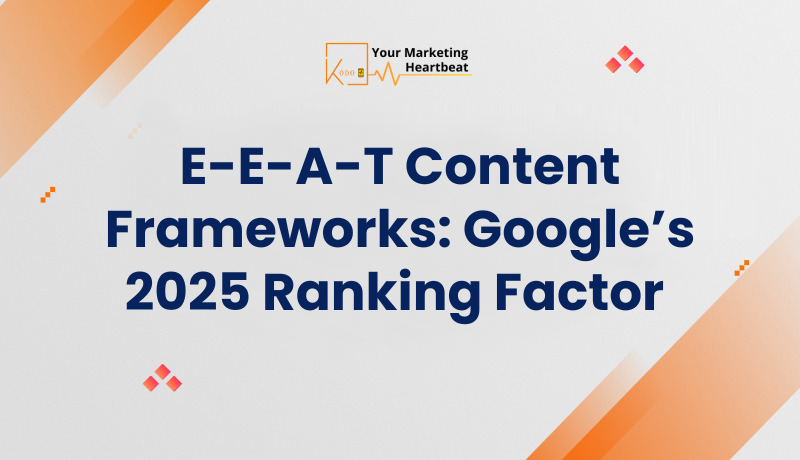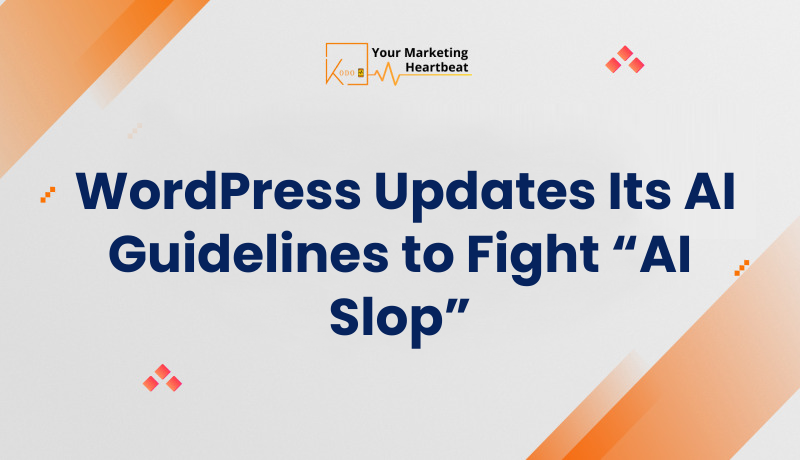
In the ever-evolving world of digital marketing, understanding the nuances of Google’s ranking factors is vital for businesses aiming to enhance their online presence. One of the key frameworks that has emerged in recent years is the E-E-A-T framework, which stands for Experience, Expertise, Authoritativeness, and Trustworthiness. As we look towards 2025, it’s essential for content creators and marketers to grasp how E-E-A-T compliance can influence their search engine rankings and overall visibility. This article will delve into the intricacies of the E-E-A-T framework, provide actionable insights on optimizing content, and discuss the significance of author bios and peer-reviewed sourcing.

At its core, E-E-A-T is a framework that Google uses to evaluate the quality of content and its creators. It emphasizes the need for content to be not only credible but also useful to the audience. This framework helps Google determine which websites should rank higher in search results based on their perceived value to users.
As search engines become more sophisticated, they increasingly prioritize content that demonstrates strong E-E-A-T compliance. For businesses, this means that focusing on these elements can lead to improved search rankings, greater visibility, and ultimately, increased traffic and conversions. In 2025, we can expect E-E-A-T to play an even more significant role in SEO strategies.
Experience refers to the practical knowledge and skills that content creators possess. Content that showcases real-world experience tends to resonate more with audiences, as it provides insights that are not easily found elsewhere. For instance, a travel blog post written by someone who has visited a destination can offer unique perspectives and tips that enhance its value.
Expertise is about having a deep understanding of a subject matter. Content should be created or reviewed by individuals with relevant qualifications or experience. For example, health-related articles should ideally be written by medical professionals or individuals with credible backgrounds in the field to ensure accuracy and reliability.
Authoritativeness is the recognition of a website or author as a trusted source in a specific field. This can be achieved through various means, including high-quality backlinks, social proof, and positive user reviews. Websites that are considered authoritative are more likely to rank higher in search results.
Trustworthiness is crucial for building a loyal audience. Users need to feel confident that the information they are receiving is accurate and unbiased. This can be fostered through transparent practices, such as disclosing potential conflicts of interest and providing clear contact information.
To comply with E-E-A-T, businesses must focus on producing high-quality content that provides genuine value to users. This includes well-researched articles, engaging multimedia, and practical insights. Content should address user intent and answer common questions within the niche.
An effective way to enhance E-E-A-T compliance is through author bios optimization. By providing detailed information about the author’s qualifications, experience, and areas of expertise, businesses can build credibility and trust. Including links to the author’s professional profiles can further establish authority.
Incorporating peer-reviewed sources into content is another powerful strategy for improving E-E-A-T compliance. By referencing studies, research papers, and expert opinions, businesses can bolster their claims and provide readers with reliable information. This approach not only enhances the quality of the content but also signals to search engines that the content is well-researched and trustworthy.
To build authoritativeness, businesses must focus on establishing credibility within their niche. This can be achieved by consistently producing high-quality content, engaging with audiences, and showcasing expertise. Participating in industry-related discussions and forums can also help enhance visibility and recognition.
Backlinks from reputable websites serve as endorsements of the content’s quality and authority. Businesses should actively seek opportunities for guest blogging, collaborations, and partnerships with other industry leaders. This not only helps build backlinks but also fosters relationships that can enhance overall credibility.
Engaging with the audience through social media, comments, and forums can further solidify a business’s authority. By responding to questions, addressing concerns, and participating in discussions, businesses can demonstrate their expertise and commitment to their audience.
Content that includes trust signals—such as testimonials, case studies, and user reviews—can significantly enhance its perceived value. These elements help potential customers feel more confident in the information being presented and the credibility of the business behind it.
User experience plays a crucial role in establishing trust. A well-designed website that is easy to navigate, mobile-friendly, and free of intrusive ads can create a positive impression. Additionally, providing clear and accessible contact information fosters transparency and trust.
As we move towards 2025, SEO practices will continue to evolve alongside advancements in technology and user behavior. Businesses must stay informed about changes in search algorithms and adapt their strategies accordingly to maintain E-E-A-T compliance.
The rise of artificial intelligence and automation in content creation presents both opportunities and challenges. While AI can assist in generating content quickly, it is essential to ensure that the final output adheres to E-E-A-T principles. Content should still reflect genuine expertise and provide value to readers.
Navigating the complexities of E-E-A-T compliance is essential for businesses aiming to thrive in the digital landscape. By focusing on experience, expertise, authoritativeness, and trustworthiness, content creators can enhance their online presence and improve search rankings. Implementing strategies such as optimizing author bios, utilizing peer-reviewed sources, and fostering community engagement will not only benefit SEO efforts but also build lasting relationships with audiences. As we approach 2025, embracing the E-E-A-T framework will be crucial for achieving sustainable growth and success in the competitive online marketplace.



April 23, 2024